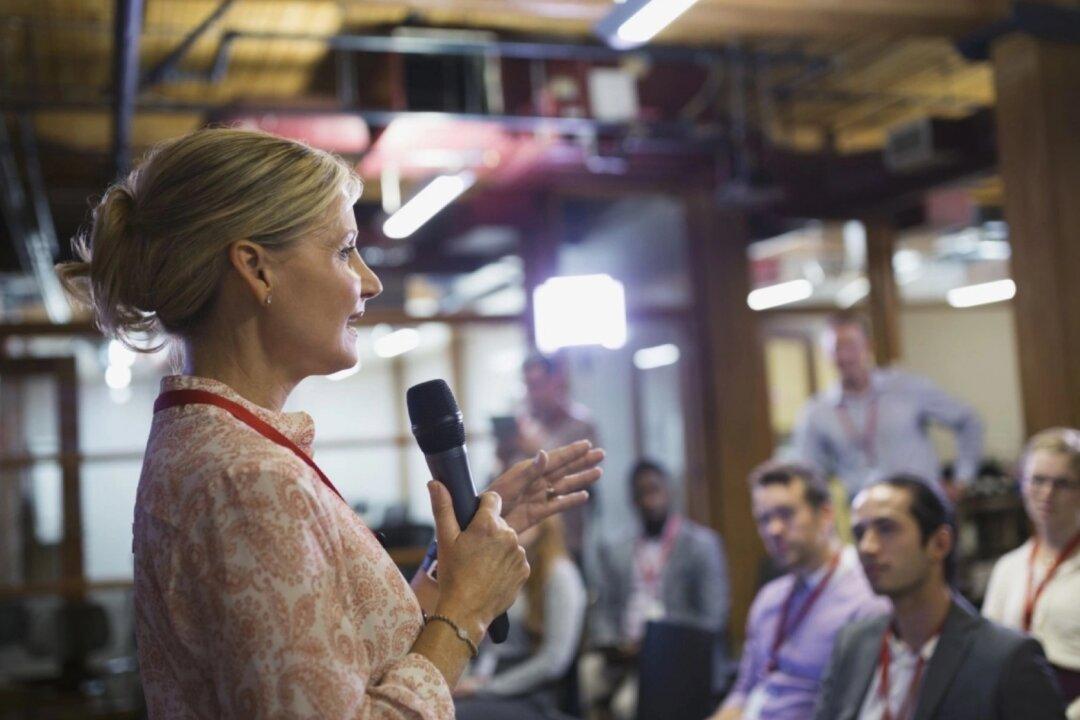 By Carol Roth
By Carol Roth
One of the top questions I get from entrepreneurs, experts and other professionals is “How do you go about actually getting paid for public speaking?” I turned to some of my well-respected colleagues who speak at various fee levels to get their best advice and have boiled it down to eight steps for you.
1. Speak for Free
Before you get to go pro at anything, you need to spend some time as an amateur. As Gene Marks, President of The Marks Group PC, advises, “Speak a lot for free. Reach out to your local rotary and Lion’s clubs, small chambers of commerce and networking groups. That way, you can hone your content and get lots of practice. Plus, as you get better, you can use these places as references for when you’re pitching paid gigs.”It may seem difficult to find, but there are myriad events happening in just about every city every single day. As Scott Stratten, one of the most sought-after keynote speakers and President of UnMarketing Inc. puts it, “There is a huge difference between speaking and paid speaking. An infinite number of slots exist for free talks, not so much for paid talks.”






